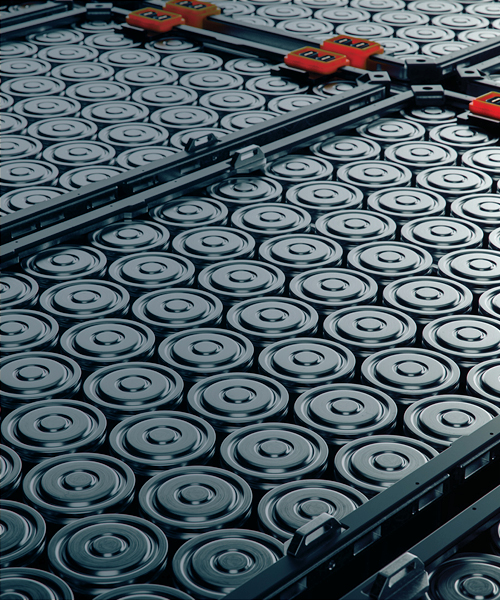Mervyn Stevens
Vice President, Mineral Processing and Battery Materials
“The levels of innovation and first of a kind solutions across the industry excites me.”
Mervyn’s career spans over 30 years, with experience working across production, engineering, projects and technology development around the world. But for the last 10 years, his focus has shifted to the global battery materials industry.

“I’ve always wanted to make a difference through my work. And rarely do you have the chance to contribute to something as meaningful as the global energy transition,” he says.
Mervyn joined Worley in 2018, and recently relocated to the UK from South Africa.
“I provide technical input and oversight into process engineering in mining, minerals and metals, battery materials and related technologies. And working at the cutting edge of the resources industry means no two days are ever the same.”
The shift from social license to social license to operate
The energy transition is driving the global demand for battery materials. But as production increases, social license to operate is becoming a challenge for producers.
“Social license to operate is driving permitting decisions for projects, particularly for the management of CO2 emissions, water stewardship and waste management,” he explains.
And Mervyn expects this to increase in the future.
“Regulations will become more stringent and will impact how we generate, store and consume energy. Fabrication and production industries will evolve to accommodate these changes and more efficient recycling processes will be a growing focus.”
Inadequate sulphate waste plans are causing project delays
However, for battery active material (BAM) producers and battery recyclers, this has become a challenge.
“During the production and recycling process for lithium batteries, sodium sulphate – a waste byproduct – is often created in large quantities. With limited demand in consumable products such as detergents the excess has been dispatched as waste and ended up in landfill or been deposited into large bodies of water. But these are no longer acceptable solutions,” he says.
“BAM projects are facing growing delays due to inadequate sulphate waste management plans. And new entrants into the BAM market should aim to eliminate it from their processes completely.”
The future of battery active materials projects
Mervyn insists while the challenge remains, technology advancements mean solutions do exist.
“Sodium sulphate production as a byproduct has increased due to the production of refined intermediates for battery precursors, battery materials and battery recycling. But it is avoidable,” he says.
“Our technology neutral approach allows us to provide the solutions needed to help address these challenges. And it’s rewarding to spend my workdays helping our BAM customers around the world to future proof their operations, so they can capitalize on growing global demand for batteries.”








